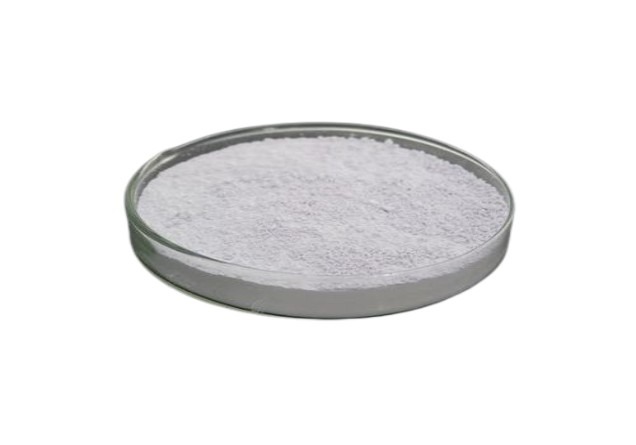
Lithium Carbonate
Molecular Formula:Li2C03
CAS No:554-13-2
Purity: 99.5%
Applications:
- Bipolar Disorder Treatment - Lithium carbonate is a primary medication for treating bipolar disorder, helping to stabilize mood swings and manage manic and depressive episodes
- Acute Mania Treatment - It is also effective in treating acute manic episodes, though potentially requiring higher dosages.
- Lithium-ion Batteries - Lithium carbonate is a key precursor in the production of lithium-ion batteries, used in electric vehicles, portable electronics, and energy storage systems.
- Ceramics and Glass - It acts as a flux in ceramics and glass, lowering melting points and enhancing properties like durability and resistance to thermal shock.
- Lubricants - Lithium carbonate is used in the production of lithium-based greases, which are known for their high performance and stability.
- Cement and Adhesives - It can accelerate cement setting and is used in tile adhesives, improving workability and bonding.
- Aluminum Production - Lithium carbonate is used in the production of aluminum, forming LiF which acts as a superior electrolyte.
- Fireworks - Lithium carbonate is responsible for the bright red color in fireworks.
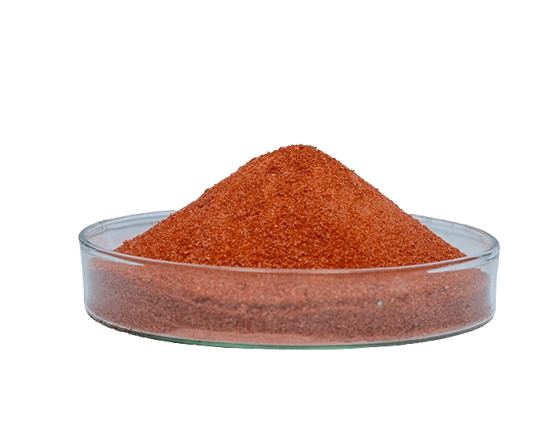
Cobalt Sulphate
Molecular Formula:CoSO4
CAS No:10026-24-1
Purity: 22.64%
Applications:
- Production of Cobalt Salts: Cobalt sulphate serves as a precursor for manufacturing other cobalt compounds used in various industries.
- Catalyst: It acts as a catalyst in organic reactions and industrial processes, speeding up chemical reactions without being consumed in the process.
- Electroplating: Cobalt sulphate is used in electroplating baths to improve corrosion resistance and provide a cobalt coating.
- Batteries: It is a component in rechargeable lithium-ion batteries, enhancing performance and longevity.
- Pigments: Cobalt sulphate is a source of cobalt ions used in the production of blue pigments for paints, inks, glass, and porcelain.
- Drying Agent: It can act as a drying agent in paints, speeding up the drying process.
- Textile Industry: Cobalt sulphate can be used as a dyeing agent in the textile industry.
- Fertilizers - It's added to fertilizers to address cobalt deficiency in soils, which is particularly important for legumes that rely on nitrogen fixation.
- Animal Feed - Cobalt is an essential nutrient for ruminant animals (like cattle and sheep) as it's a component of vitamin B12. Cobalt sulphate is added to animal feed to prevent and treat cobalt deficiencies.
- Seed Treatment - Cobalt sulphate solutions can be used to treat seeds, promoting germination and early plant growth.
.
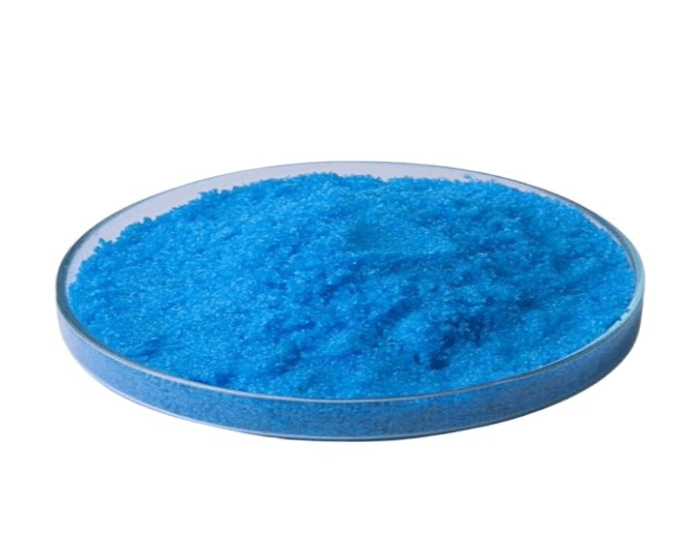
Copper Sulphate
Molecular Formula:CuSO4 ·5H20
CAS No:7758-99-8
Purity: 99.5%
Applications:
- Electroplating – Used in copper electroplating baths to deposit a uniform layer of copper on metal surfaces.
- Mining and Metallurgy – Acts as a flotation agent for separating ores, particularly in the beneficiation of zinc, lead, and gold ores.
- Textile Industry – Employed as a mordant in dyeing and printing processes to fix dyes to fabrics.
- Leather Industry – Used in the tanning process to help preserve hides and improve finish quality.
- Agriculture and Fungicides – An active ingredient in Bordeaux mixture and other fungicides for controlling fungal diseases in crops.
- Wood Preservation – Protects timber from insect and fungal attack when used as a wood preservative.
- Pigment Manufacturing – Involved in producing various copper-based pigments for ceramics, paints, and glass.
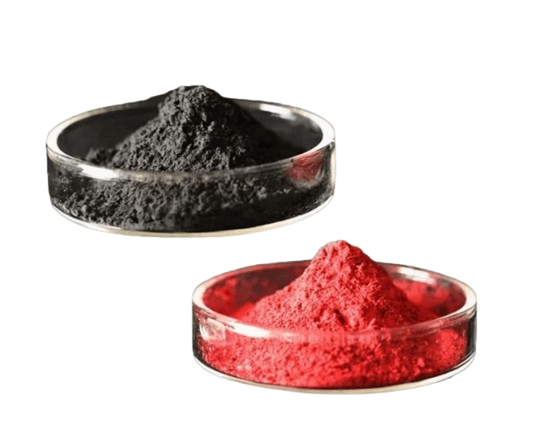
Copper Oxide
Molecular Formula:CuO
CAS No: 1317-38-0
Purity: 99.5%
Applications:
- Ceramics and Glass - Used as a colorant to produce deep blues and vibrant hues in ceramic glazes and glass products.
- Catalysis - Acts as a catalyst or catalyst precursor in various chemical reactions, particularly in the petrochemical and environmental sectors.
- Electronics and Energy Storage - Serves as a critical component in semiconductors and rechargeable batteries, including lithium-ion batteries.
- Paints and Coatings - Utilized as a pigment to enhance durability and color in high-performance paints and industrial coatings.
- Agriculture and Welding - Functions as an additive in fungicides for crop protection and in welding fluxes to improve performance and stability.

Lithium Hydroxide
Molecular Formula:LiOH
CAS No: 1310-65-2
Purity: 99.5%
Applications:
- Energy Storage - Integral in the manufacturing of lithium-ion batteries used in electric vehicles, consumer electronics, and energy storage systems.
- Lubricants - Acts as an additive in the production of high-temperature, long-life lubricating greases, especially lithium-based greases used in industrial and automotive sectors.
- Ceramics and Glass - Functions as a flux in ceramics and glass manufacturing, improving melting behavior and product quality.
- Gas Purification - Serves as an absorbent for carbon dioxide in breathing gas purification systems, including those used in submarines and space missions.
- Specialty Chemicals - Used as an intermediate in the synthesis of various specialty chemicals and compounds requiring high-purity lithium content.
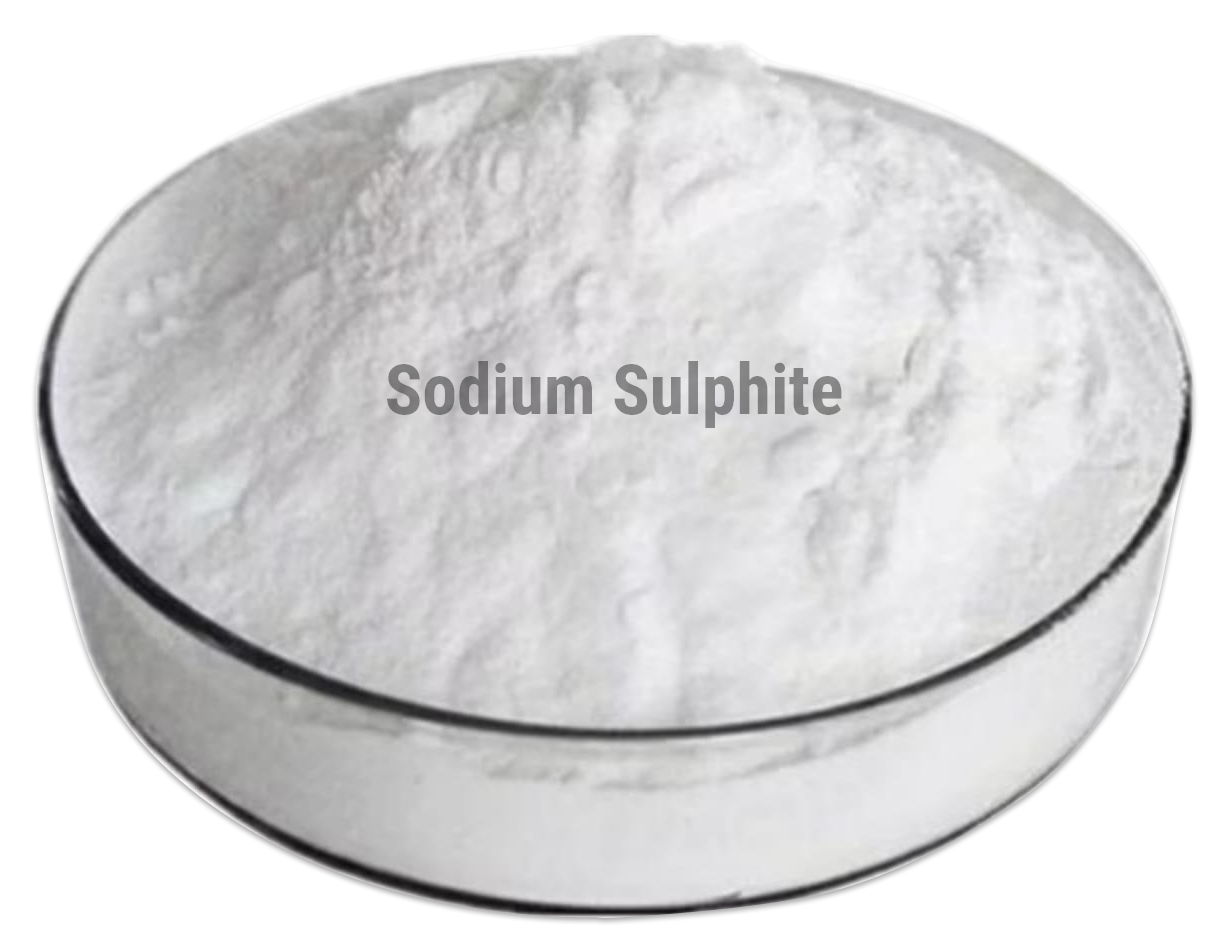
Sodium Sulphite
Chemical Formula: Na₂SO₃
CAS Number: 7757-83-7
Purity: Typically 96% – 98%
Applications:
- Water Treatment: Used as an oxygen scavenger to prevent corrosion in boiler and cooling water systems.
- Pulp & Paper Industry: Acts as a bleaching agent and pulping chemical in paper manufacturing.
- Photography: Functions as a preservative in developer solutions to prevent oxidation.
- Textile Industry: Used in dyeing processes and as a reducing agent in printing and stripping operations.
- Chemical Manufacturing: Serves as an intermediate in the production of sodium thiosulfate and other sulfur-based compounds.
- Food Industry: Acts as a preservative and antioxidant to prevent discoloration and spoilage in certain applications.